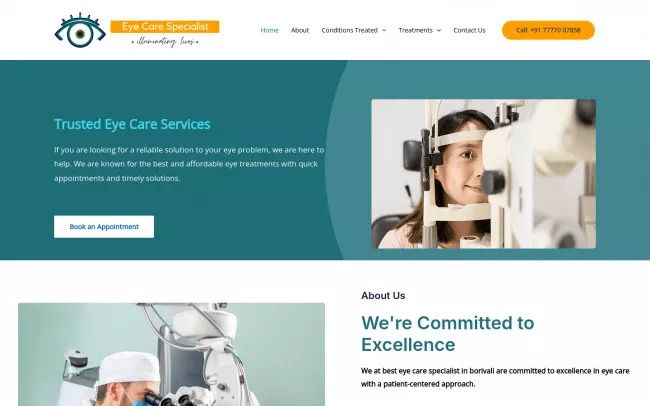Frequently Asked Questions
What should I look for in a reliable health website?
When evaluating health websites, focus on these key factors:
- Medical credentials - Check if healthcare professionals review the content
- Recent updates - Health information should be current and regularly reviewed
- Clear sources - Look for citations from peer-reviewed studies and medical journals
- Privacy policy - Ensure your health data stays protected
- Ad transparency - Sponsored content should be clearly labeled
How often is medical content updated on health websites?
Most reputable health websites update their content following this schedule:
| Content Type | Update Frequency |
| News and research | Daily to weekly |
| Medical guidelines | Every 1-2 years |
| Drug information | Monthly |
| Condition descriptions | Annually |
Are online symptom checkers reliable?
Online symptom checkers serve as preliminary tools for health assessment. They help identify potential conditions and determine urgency of care. However, they cannot replace professional medical diagnosis. Use them as a starting point for discussions with your healthcare provider.
How can I protect my privacy when using health websites?
Take these steps to safeguard your personal health information online:
- Read privacy policies - Understand how sites collect and use your data
- Use secure connections - Look for HTTPS in the website address
- Avoid sharing personal details - Only provide necessary information
- Check sharing settings - Review your account privacy options
- Clear browser history - Remove health searches on shared devices
What features should patient portal websites include?
Essential patient portal features include:
- Appointment scheduling - Book and manage medical visits
- Test results - Access lab work and imaging reports
- Secure messaging - Communicate with healthcare providers
- Prescription refills - Request medication renewals
- Medical records - View visit summaries and health history
How do health websites ensure medical accuracy?
Trusted health websites maintain accuracy through:
- Medical review boards - Teams of healthcare professionals verify content
- Editorial process - Multiple experts check information before publishing
- Regular audits - Content undergoes systematic review
- User feedback - Corrections based on healthcare provider input
- Research updates - Content reflects latest medical studies

